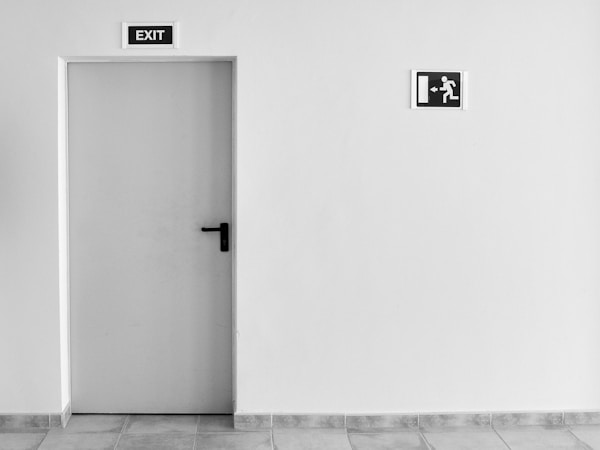When individuals struggle with addiction, they face numerous challenges in their lives. Inpatient rehabilitation programs offer a comprehensive approach to help them overcome these challenges and achieve lasting recovery. These facilities provide a safe and structured environment where patients can focus on rebuilding their lives without distractions or exposure to triggers. Keep reading to learn more about the advantages of inpatient rehabilitation programs and the long-term benefits they offer.
Round-the-Clock Support and Supervision

One of the most significant advantages of inpatient rehab programs is the constant support and supervision provided to patients. In the initial stages of recovery, individuals often face physical and psychological challenges, including withdrawal symptoms and cravings. Round-the-clock support from medical professionals and addiction counselors helps to mitigate these challenges, ensuring that patients remain safe and comfortable throughout their stay at an inpatient rehab Scottsdale facility.
This level of supervision also aids in preventing relapse, as patients are not exposed to drugs or alcohol while in treatment. This level of support provides a comfortable and secure atmosphere in which patients can fully focus on their recovery without the distractions and temptations that may be present in their daily lives. Additionally, continuous monitoring enables staff members to make any necessary adjustments to the patient’s treatment plan, ensuring that their needs are met throughout their stay.
Inpatient facilities typically offer a variety of resources to accommodate the needs of each patient, including individual and group therapy sessions, nutritional support, and holistic wellness practices such as meditation and yoga. This comprehensive approach to treatment provides patients with the tools they need to build a solid foundation for long-term sobriety.
Structure and Routine
One of the key benefits of inpatient rehab programs is the structured daily routine they provide. Living with addiction can cause individuals to lose control over their daily lives, making it challenging to maintain a healthy lifestyle. Inpatient rehabilitation programs establish a daily routine that helps patients develop healthy habits and reduces the risk of relapse.
Throughout their stay, patients engage in various therapeutic activities and workshops, including individual and group therapy, life skills training, and recreational activities. This structured environment helps patients develop a sense of responsibility and discipline, which are essential qualities for long-term recovery. Consistent engagement in these activities allows patients to regain a sense of control over their lives, giving them the confidence needed to continue their journey toward sobriety.
The structure and routine help patients develop new coping mechanisms and find healthier alternatives to substance use. By integrating these new habits into their daily lives, individuals are better equipped to maintain their recovery long after leaving the inpatient facility.
Comprehensive Aftercare

Upon completing an inpatient rehab program, patients often transition to a comprehensive aftercare plan designed to support their ongoing recovery. These plans typically include alumni support groups, individual therapy, and involvement in 12-step programs or other peer support groups. The goal of aftercare is to ensure that individuals have the resources and support necessary to maintain their newfound sobriety.
Aftercare programs help patients to continue building on the skills and coping mechanisms they developed during their inpatient stay. Consistent engagement in these activities and support networks helps to reinforce the positive habits established during treatment, reducing the risk of relapse in the long term.
By participating in a comprehensive aftercare program, individuals can continue to receive the support they need to maintain their recovery and achieve lasting sobriety. This ongoing support reinforces the importance of staying committed to recovery and helps to prevent relapse.
Altogether, inpatient rehabilitation programs offer a comprehensive approach to addiction treatment, encompassing medical support, structure, peer connections, and ongoing aftercare. By choosing an inpatient program, individuals can fully invest in their recovery and develop the skills necessary to achieve long-term sobriety.




